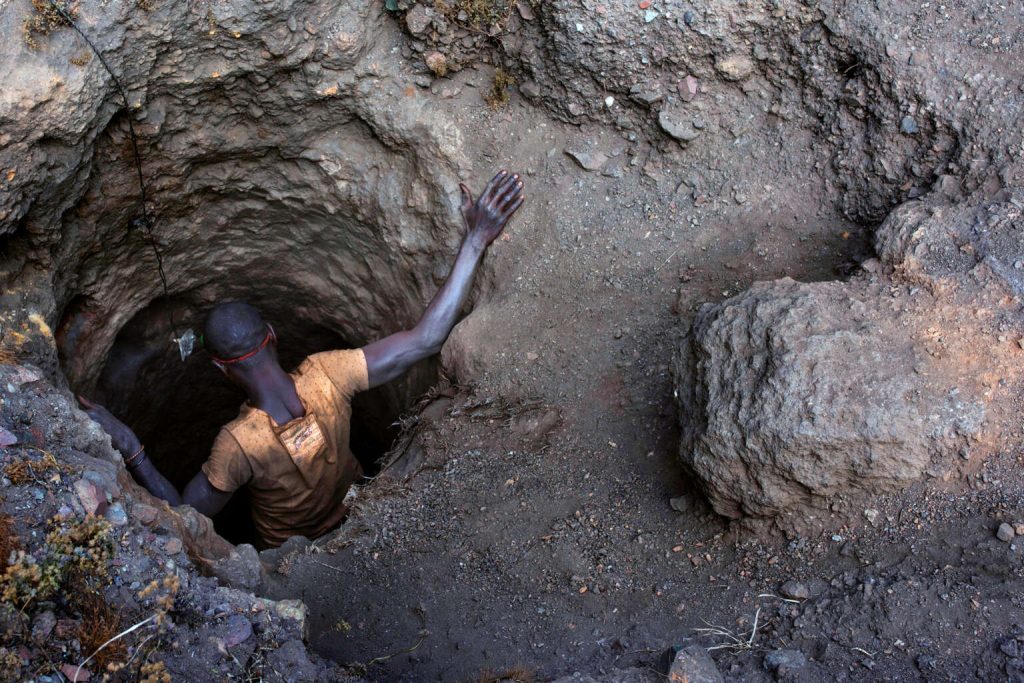The tragic story of Raphael, a 12-year-old boy from the Democratic Republic of the Congo (DRC) who worked in a cobalt mine to support his family, highlights the severe issues surrounding child labor in the region. At 15, Raphael was killed in a tunnel collapse, prompting his family to join a lawsuit in the U.S. against major tech companies like Google, Apple, and Tesla, which they accused of benefiting from forced labor and child exploitation. However, a federal appeals court dismissed the case in May 2024, a setback for advocates fighting against child labor in global supply chains.
The cobalt mining industry in the DRC is marked by abusive labor practices and hazardous conditions, according to a report from Public Citizen and Friends of the Congo. The DRC supplies about 70% of the world’s cobalt, crucial for lithium-ion batteries used in electric vehicles and electronics. Yet, the nation remains one of the poorest, suffering from exploitative mining practices that enrich foreign corporations while locals face environmental degradation and economic inequality.
Artisanal mining, often involving children like Raphael, exposes workers to toxic conditions, with many earning as little as $2 a day. Despite the DRC’s vast mineral wealth, the lack of enforcement of labor laws and inadequate protections lead to frequent fatalities and forced labor situations in the mines. Mining operations have also caused severe environmental damage, polluting waterways and displacing communities.
As demand for cobalt surges, especially in the U.S., efforts to transition to “green tech” may inadvertently perpetuate the same extractive patterns seen during colonial times. Critics argue that while developed countries push for cleaner energy, they must ensure ethical practices in their supply chains. The situation underscores the urgent need for improved labor rights and environmental standards in the cobalt industry to avoid repeating historical injustices.

